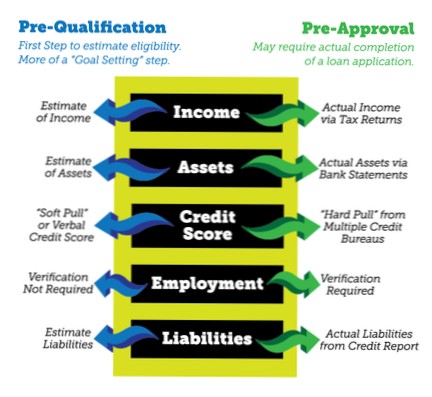
How to Protect

- Can the COVID-19 survive in drinking water?
- Can coronavirus spread through air?
- Can the coronavirus survive on surfaces?
- Can you get COVID-19 from faeces?
- How dangerous is the coronavirus disease?
- How many people have died from Covid-19?
- What is the proper way to wear a mask to help prevent COVID-19?
- What does COVID-19 stand for?
- What can I do to prevent COVID-19 during grocery shopping?
- Does COVID-19 survive in sewage?
- Can smoking waterpipes spread the coronavirus disease?
- Can I get the coronavirus disease from swimming in a swimming pool?
Can the COVID-19 survive in drinking water?
Currently, there is no evidence about the survival of the COVID-19 virus in drinking-water or sewage.
Can coronavirus spread through air?
When an infected person coughs, sneezes, or talks, droplets or tiny particles called aerosols carry the virus into the air from their nose or mouth. Anyone who is within 6 feet of that person can breathe it into their lungs. Airborne transmission. Research shows that the virus can live in the air for up to 3 hours.
Can the coronavirus survive on surfaces?
It is not certain how long the virus that causes COVID-19 survives on surfaces, but it seems likely to behave like other coronaviruses. A recent review of the survival of human coronaviruses on surfaces found large variability, ranging from 2 hours to 9 days (11).
The survival time depends on a number of factors, including the type of surface, temperature, relative humidity and specific strain of the virus.
Can you get COVID-19 from faeces?
The risk of catching the COVID-19 virus from the faeces of an infected person appears to be low. There is some evidence that the COVID-19 virus may lead to intestinal infection and be present in faeces.
How dangerous is the coronavirus disease?
Although for most people COVID-19 causes only mild illness, it can make some people very ill. More rarely, the disease can be fatal. Older people, and those with pre- existing medical conditions (such as high blood pressure, heart problems or diabetes) appear to be more vulnerable.
How many people have died from Covid-19?
3,214,706 people have died so far from the coronavirus COVID-19 outbreak as of May 02, 2021, 21:21 GMT. There are currently 153,434,710 confirmed cases in 220 countries and territories . The fatality rate is still being assessed.
What is the proper way to wear a mask to help prevent COVID-19?
• Clean your hands before you put your mask on, as well as before and after you take it off, and after you touch it at any time.
• Make sure it covers both your nose, mouth and chin.
• When you take off a mask, store it in a clean plastic bag, and every day either wash it if it’s a fabric mask, or dispose of a medical mask in a trash bin.
• Don’t use masks with valves.
What does COVID-19 stand for?
'CO' stands for corona, 'VI' for virus, and 'D' for disease. Formerly, this disease was referred to as '2019 novel coronavirus' or '2019-nCoV.' The COVID-19 virus is a new virus linked to the same family of viruses as Severe Acute Respiratory Syndrome (SARS) and some types of common cold.
What can I do to prevent COVID-19 during grocery shopping?
• Clean your hands with sanitizer before entering the store.
• Cover a cough or sneeze in your bent elbow or tissue.
• Maintain at least a 1-metre distance from others, and if you can’t maintain this distance, wear a
mask (many stores now require a mask).
• Once home, wash your hands thoroughly and also after handling and storing your purchased
products.
Does COVID-19 survive in sewage?
While there is no evidence to date about survival of the COVID-19 virus in water or sewage, the virus is likely to become inactivated significantly faster than non-enveloped human enteric viruses with known waterborne transmission (such as adenoviruses, norovirus, rotavirus and hepatitis A).
Can smoking waterpipes spread the coronavirus disease?
Smoking waterpipes, also known as shisha or hookah, often involves the sharing of mouth pieces and hoses, which could facilitate the transmission of the COVID-19 virus in communal and social settings.
Can I get the coronavirus disease from swimming in a swimming pool?
Swimming in a well-maintained, properly chlorinated pool is safe. However, it is advisable to stay away from al crowded areas including crowded swimming pools. Keep 1 metre distance from people who sneeze or cough even in a swimming area.



Yet No Comments